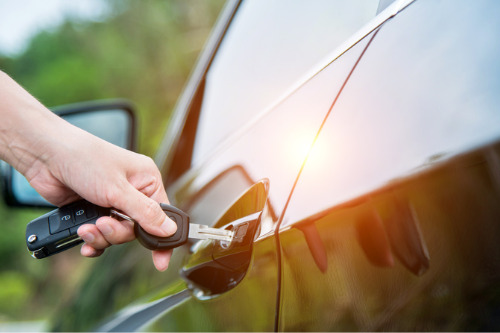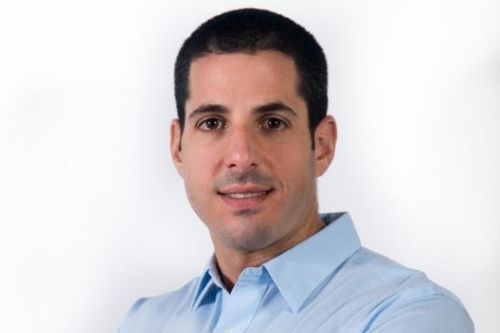

From Netflix to Amazon, personalized, customer-centric digital experiences are a defining aspect of the current age. Customers want to receive tailored information and suggestions to meet their needs in real time.
Yet while many industries and businesses have realized the value of generating personalized experiences for their customers, the auto insurance industry is seemingly behind the pack. This has to do with several factors, including antiquated customer success management systems and complicated accident management processes. Another major problem for auto insurers is that they’re usually the last to know about an accident, leaving room for error and delays in the provision of adequate services and customer experiences.
According to a recent Dynata survey, 77% of consumers believe that insurance providers have a responsibility to leverage technology to shape and navigate their customer experience. The same survey found that the majority of drivers – nearly 64% – would switch auto insurance providers if their carrier offered more personalized technology, such as those that can facilitate life-saving measures in the event of an accident.
This is an opportunity to improve customer loyalty, satisfaction, retention, revenue and engagement, positioning insurers as trusted advisors that can provide personalized services at critical moments of need. According to SmarterHQ, 80% of customers said they are more likely to purchase a product or service from a brand that provides personalized experiences, creating a unique leverage point for insurers to up their game. Meanwhile, insurers that do not address the personalization trend are likely to feel the impact on their business.
The dramatic rise and fall of major consumer brands like Sears, Kmart, Walgreens and Toys R Us can be attributed to a failure to adapt to the consumer demand for digital experiences and personalization, which is now inherent to success in the retail industry. Insurers are likely to experience a similar trajectory if their digital personalization options don’t stack up and if they don’t start rethinking the importance of customer satisfaction for retention.
For insurance companies, closing the personalization gap really comes down to understanding what their customers need most and providing it on the spot. Current solutions, such as usage-based insurance (UBI) models, are considered surveillance devices, and customers rarely see meaningful value in them after receiving their underwriting quote. Limited adoption means limited access to accident data, which means insurers can’t be there for drivers in the moment of truth.
However, artificial intelligence and automated analytics-based solutions such as accident detection and response (ADR) can help insurers meet the customer demand for personalization. ADR gives insurers the capability to inject long-term value into the policy life cycle, year after year, to meet their customers’ needs.
First, ADR offers privacy – accident data is only transmitted when an accident occurs. This allows insurers to assist in the response from the moment an accident occurs. According to the Dynata survey, 78% of respondents would be willing to share data in the event of an accident to improve their overall experience.
Second, after an accident, insurers can direct their policyholders to the nearest body shop or dispatch a towing service if the car is not fit to drive. ADR can also save lives by alerting first responders in cases with severe bodily injuries.
And finally, with ADR, insurers can be the first to know about an accident and actively work to improve customer satisfaction from their engagement.
Advanced AI technologies can help auto insurers provide customers with a guarantee that their personal data is safe and will only be used to meet their immediate needs, while also ensuring higher levels of brand loyalty and customer satisfaction and retention. At the end of the day, both the auto insurers and the customers benefit from proper information sharing – a win-win situation in an industry built around losses.
 Itay Bengad is co-founder and CEO of MDgo, which provides accident detection and response (ADR) solutions.
Itay Bengad is co-founder and CEO of MDgo, which provides accident detection and response (ADR) solutions.
